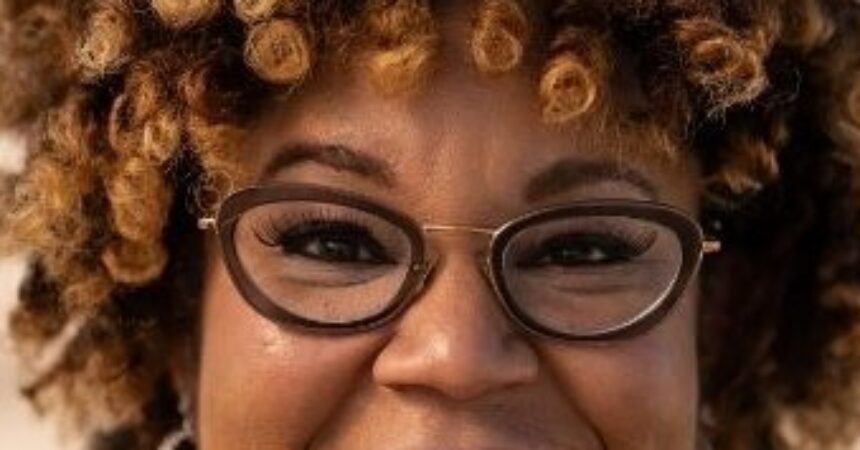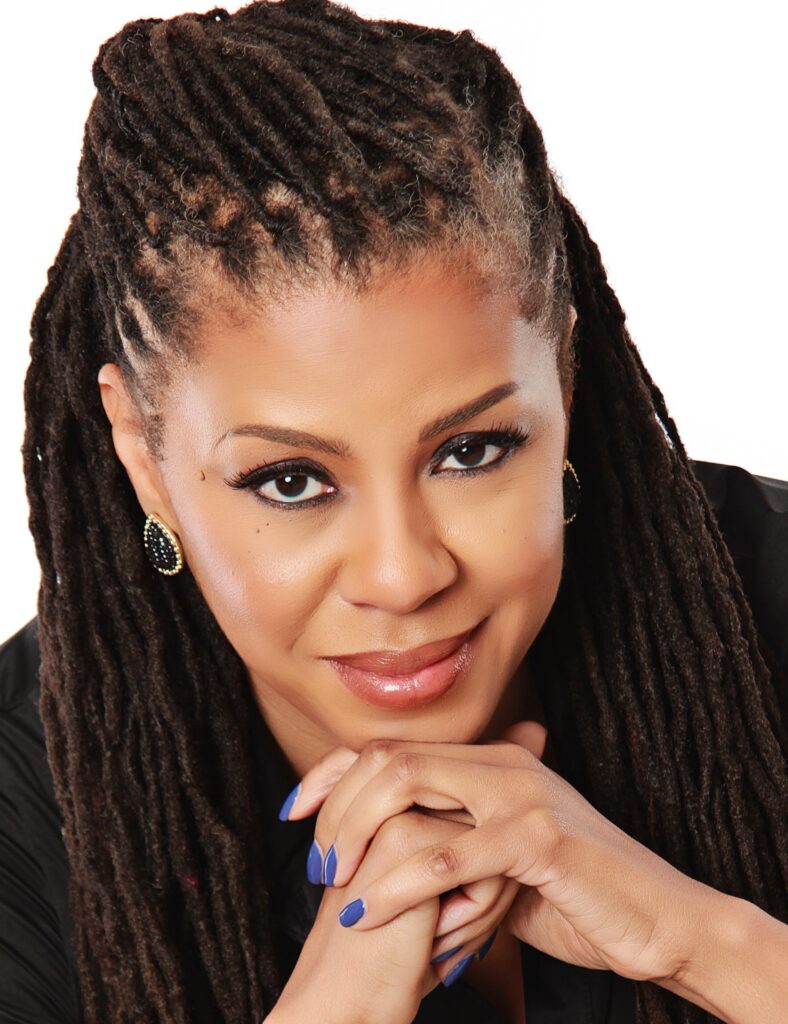
If the Supreme Court ends abortion rights, Black women will be most wounded

Kendra Cotton 
Dr. Avis Jones-DeWeever 
Brittany “Britt” White
By Barrington M. Salmon
TriceEdneyWire.com
As the implications of the impending death of Roe v Wade sinks in after a Supreme Court draft opinion was leaked, one of the clearest and undeniable consequences of this unprecedented move by the conservative court majority is the impact it will have on Black women.
Racism and classism already serve as formidable obstacles to the progress of Black and brown women, non-Whites and marginalized communities, reproductive rights activists say. And the loss of abortion rights and access to safe, legal and affordable abortions will produce devastating consequences for African-American women.
“I am strongly disappointed. Here in Texas, rights have been rolled back, taken, turned over,” said Brittany “Britt” White, an activist, strategist, organizer and decarceration director of Live Free. “We have a majority of rooms filled with men making decisions about women’s bodies. Their lack of experience (in women’s issues) is egregious. For them to be making this decision now when voting rights has been watered down tells you where they stand … The cost will be that some people will literally lose their lives,” White warned.
The ability to access abortions has always disproportionately affected Black and non-White women. According to the Centers for Disease Control and Prevention (CDC), Black women account for almost 40 percent of all American abortions, despite African-Americans comprising 12 percent of America’s population. Black women routinely face racism, sexism, the lack of access to quality education and well-paying jobs. Add things like redlining, restrictive convenances, the denial of loans by financial institutions, and medical racism and the end-result is Black families living in or close to poverty.
The CDC also says Black women are three to four times more likely to die of complications from pregnancy than White women, regardless of their social status, economic standing or education. In addition, infants born to Black mothers are dying at twice the rate of infants born to non-Hispanic White mothers. A child born in Havana stands a better chance of living to age 5 than a child born in Harlem. Meanwhile, a Black woman is 22 percent more likely to die from heart disease than a White woman, 71 percent more likely to perish from cervical cancer, and 243 percent more likely to die from pregnancy or childbirth-related causes.
Activist and consultant Dr. Avis Jones-DeWeever agrees with author and attorney Jill Filipovic who said in a recent interview on MSNBC that this is an attempt by conservatives and others to “return the country to a land of traditional gender roles and racial hierarchies.”
Jones-DeWeever, president/CEO, Incite Unlimited, LLC, said the prospective court ruling, the hysteria driving the anti-critical race theory crowd and efforts to disembowel the Voting Rights Act represent a cultural backlash.
“White people are experiencing trauma and understand that they are an emerging minority, said Jones-DeWeever, a diversity consultant and women’s empowerment expert. “They’re thinking they can force White women to have White babies, but White women will find ways to get abortions. This could actually accelerate the ‘browning of America.’”
The leak by POLITICO of the draft opinion triggered a firestorm of anger among supporters of reproductive rights and led to widespread protests around the country. Black activists and advocates said they’ve been sounding the alarm for years but were ignored or called hysterical by anti-abortion supporters. And as is customary, interviewees said, Black women stand to suffer in innumerable ways for the cruelty and obsession of rightwing extremists.
Dr. Jamila K. Taylor, director of healthcare reform and senior fellow at The Century Foundation, detailed in a 2018 article for the Center for American Progress about Brett Kavanaugh’s ascension to the Supreme Court, that women of color, especially Black women would suffer greatly because of “antagonistic court rulings” combined with the Trump administration and Congress’ changes to policies that affect reproductive and rights.
“If Kavanaugh is confirmed, the stakes are highest for women of color due to the distinct barriers in access to reproductive health care, the vast health disparities, the fact that many live in states with the strictest abortion laws, and the racial and gender discrimination present in the U.S. health care system,” Taylor said before former President Donald Trump nominated Kavanaugh to the high court.
She listed the policies under attack then and now: eviscerating Medicaid; chipping away at comprehensive, evidence-based family planning supported by the Title X program; stripping funding for key entitlement programs that have historically supported women and families in need; appointing anti-choice executive branch officials, as well as ongoing efforts to repeal and undermine the Affordable Care Act, among so many others, Taylor explained.
White, who lives in Dallas, said Texas’ conservative Republican lawmakers have eviscerated women’s rights, which has disproportionately affected Black women, adding that the situation for African American women, the poor and disenfranchised will get decidedly worse before it gets better.
Georgia resident and fellow activist Kendra Cotton, CEO of the New Georgia Project, a voting rights group, agreed.
“If Roe is overturned, 26 states are certain or likely to ban it outright. Black women are disproportionately unable to access healthcare and have to go to haven states,” said Cotton. “People are already facing economic injustice and I don’t even want to talk about the state of maternal healthcare and the fact that there is no Medicaid expansion.”
Cotton said rural areas in Georgia are under-sourced and access to care is very difficult. She said she’s not surprised that conservative judges have moved in this direction. There are cases of women having to travel 90 to 100 miles to get OB-GYN care, Cotton said. Black women in Georgia make less money than their White counterparts. Most were already facing economic injury because of wealth and income disparities and the Peach State’s minimum wage is stuck at $5.15 an hour.
The law is on the books in Georgia which prohibits abortions after six weeks when a “fetal heartbeat” can be detected. If the Supreme Court rules as expected, Georgia lawmakers could opt to go even farther.
“I’m wholly unsurprised. This has been scripted for years,” said Cotton. “The Mississippi case was implicated to introduce the end of Roe v Wade. Cases have gotten more egregious and now is the time to strike.”
Cotton, a mother of three, said what the Supreme Court is doing is personal for her and any number of women like her. She fears the deleterious and long-lasting effects this decision will have on countless women’s lives.
“This is a long game-plan by folks willing to maintain power by any means necessary,” said Cotton. “(Judge Samuel) Alito is asserting that if something is not implicitly mentioned by the Constitution it doesn’t have strong roots in American history and tradition. We could go back to Plessy, Loving, Brown v Board of Education. Is this where we’re going now? Will they take legacy cases and relitigate or discard them? It’s super unsettling, super concerning.”
There are fears that the court, anti-abortion lawmakers and activists will not stop and will go after and get rid of same-sex marriage, birth control and contraceptives, interracial marriage and integration in education. Several media reports are saying that anti-abortion groups and their congressional allies, including Senator Minority Leader Mitch McConnell, say they plan to implement a national abortion ban, if and when, Republicans grab power from Democrats.
A political commentator, author and analyst, Jones-DeWeever said it’s infuriating because Black women and girls will suffer and be disproportionately hurt, maimed and killed because they won’t have the resources to travel for abortions, or in many cases, pay for the procedure.
“We should also understand that this is just the beginning. If they are bold enough to overturn 50 years of precedent, what next? We’re screwed,” she said. “We need to expand the Supreme Court because they can do damage for a long time. If there is a bright side to this, it is that this might save Democrats in the midterms.”







